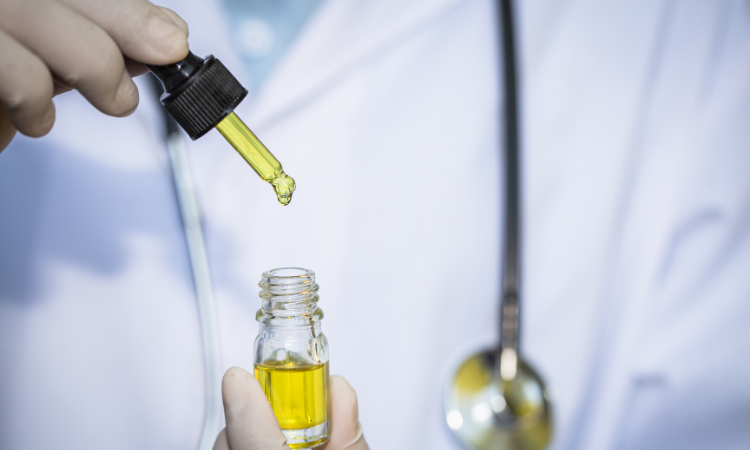Tetrahydrocannabinolic acid (THCA) is a non-psychoactive cannabinoid found in raw and live cannabis plants. Unlike tetrahydrocannabinol (THC), which is well-known for its intoxicating effects, THCA does not produce a high. However, research indicates that THCA offers a range of potential medical benefits, making it a promising compound for therapeutic applications. This article explores the medical value of THCA, including its anti-inflammatory, neuroprotective, anti-emetic, and anti-proliferative properties.
Anti-Inflammatory Benefits
One of the most significant medical applications of THCA is its anti-inflammatory potential. Inflammation is a key factor in many chronic conditions, including arthritis, inflammatory bowel disease, and multiple sclerosis. Preliminary studies suggest that THCA interacts with enzymes and receptors involved in inflammation, such as cyclooxygenase enzymes (COX-1 and COX-2), to reduce inflammatory responses. This suggests that THCA could be beneficial for patients suffering from conditions characterized by excessive inflammation.
Neuroprotective Properties
Another promising aspect of THCA is its neuroprotective potential. Research has shown that THCA may help protect brain cells from damage, which is crucial for treating neurodegenerative disorders such as Alzheimer’s disease, Parkinson’s disease, and Huntington’s disease. THCA’s neuroprotective effects are believed to stem from its ability to modulate the endocannabinoid system, reduce oxidative stress, and prevent neuroinflammation. By preserving neuronal function, THCA could potentially slow the progression of these debilitating diseases.
Anti-Emetic Effects
THCA has also been investigated for its anti-emetic (anti-nausea and vomiting) properties. This effect is particularly beneficial for patients undergoing chemotherapy, as nausea and vomiting are common side effects of cancer treatments. Unlike THC, which is commonly used to treat chemotherapy-induced nausea, THCA does not produce psychoactive effects, making it a viable alternative for patients who want to avoid intoxication.
Potential Anti-Proliferative Effects
Emerging research suggests that THCA may have anti-proliferative properties, meaning it could help slow or stop the growth of cancer cells. Although studies are still in their early stages, some laboratory research indicates that THCA may inhibit the proliferation of certain cancer cell lines. If further research confirms these findings, THCA could become an important component in the fight against cancer.
Appetite Enhancement
Recent studies suggest that THCA may also act as an appetite enhancer. Unlike THC, which stimulates hunger by activating CB1 receptors in the brain, THCA may promote appetite through alternative mechanisms, such as reducing inflammation and modulating metabolic pathways. This property could be particularly beneficial for individuals suffering from appetite loss due to medical conditions like cancer, HIV/AIDS, or chronic illnesses. Since THCA does not cause intoxication, it may serve as a more accessible therapeutic option for patients who need appetite stimulation without psychoactive effects.
Methods of Consumption
Because THCA is found in raw cannabis, it is commonly consumed through juicing fresh cannabis leaves, using tinctures, or taking capsules that preserve its natural state. Heating THCA through smoking, vaping, or cooking converts it into THC, thereby reducing its non-psychoactive benefits. As a result, patients who seek the medicinal properties of THCA without experiencing a high must consume it in its raw form.
Conclusion
THCA is a promising cannabinoid with a range of medical benefits, from reducing inflammation to protecting brain cells and alleviating nausea. Its non-psychoactive nature makes it an attractive option for patients who want to harness the therapeutic properties of cannabis without experiencing intoxicating effects. While more clinical research is needed to fully understand its mechanisms and efficacy, THCA holds great potential for treating various medical conditions, making it a valuable subject for further study in the field of cannabinoid medicine.
You can find all listed listed THCA products on Cantopia by clicking this link.

